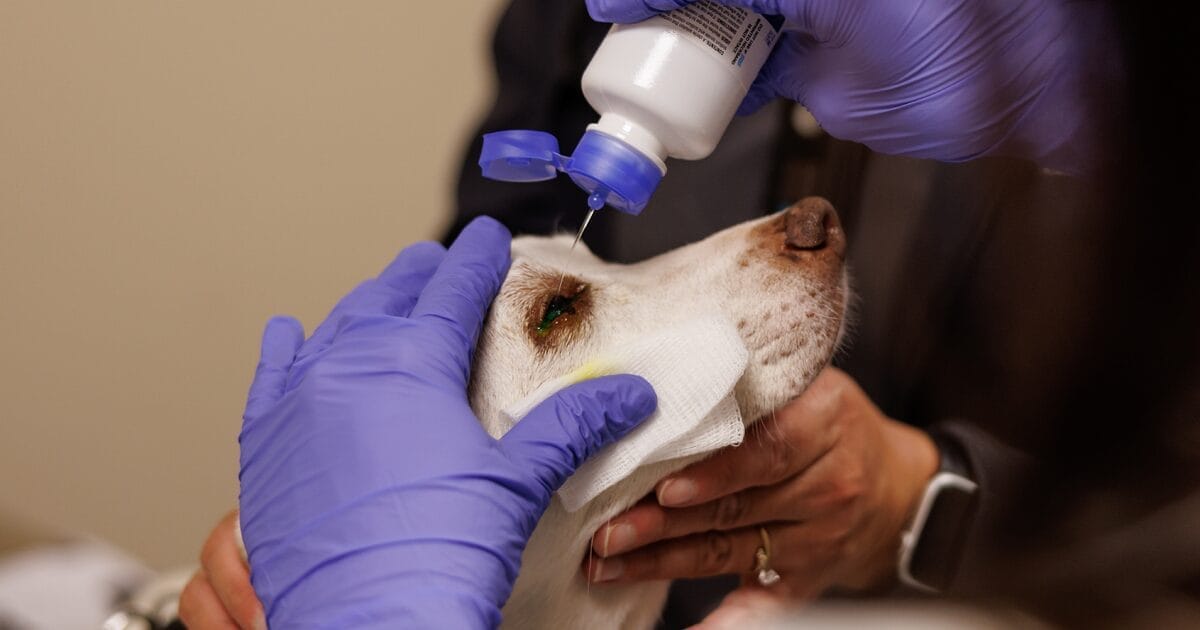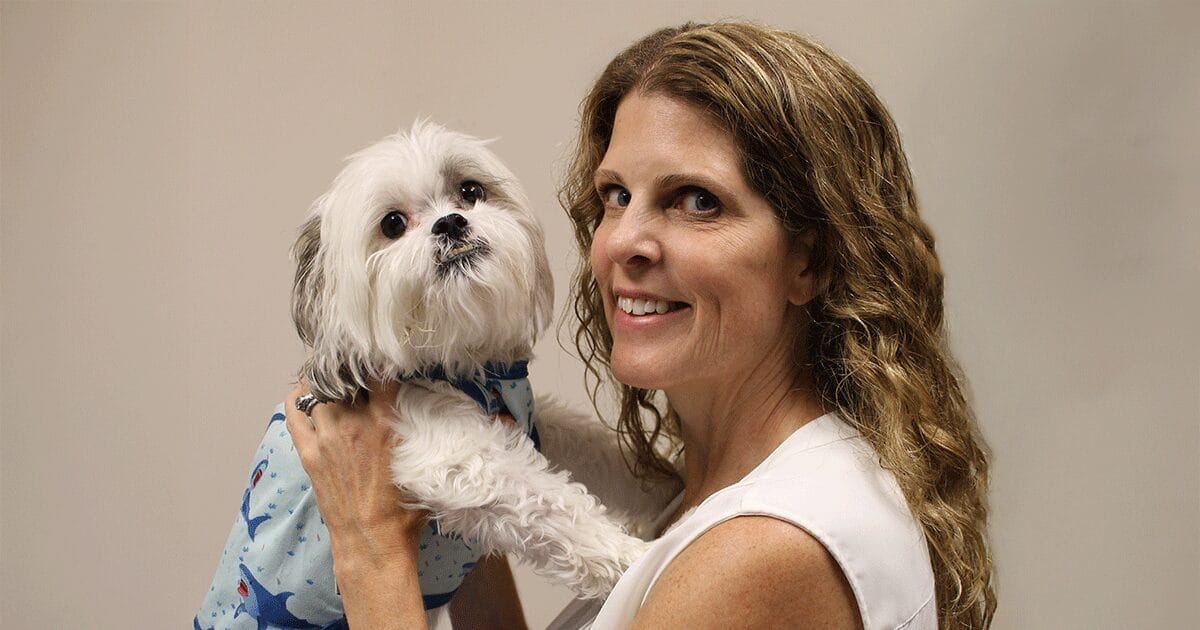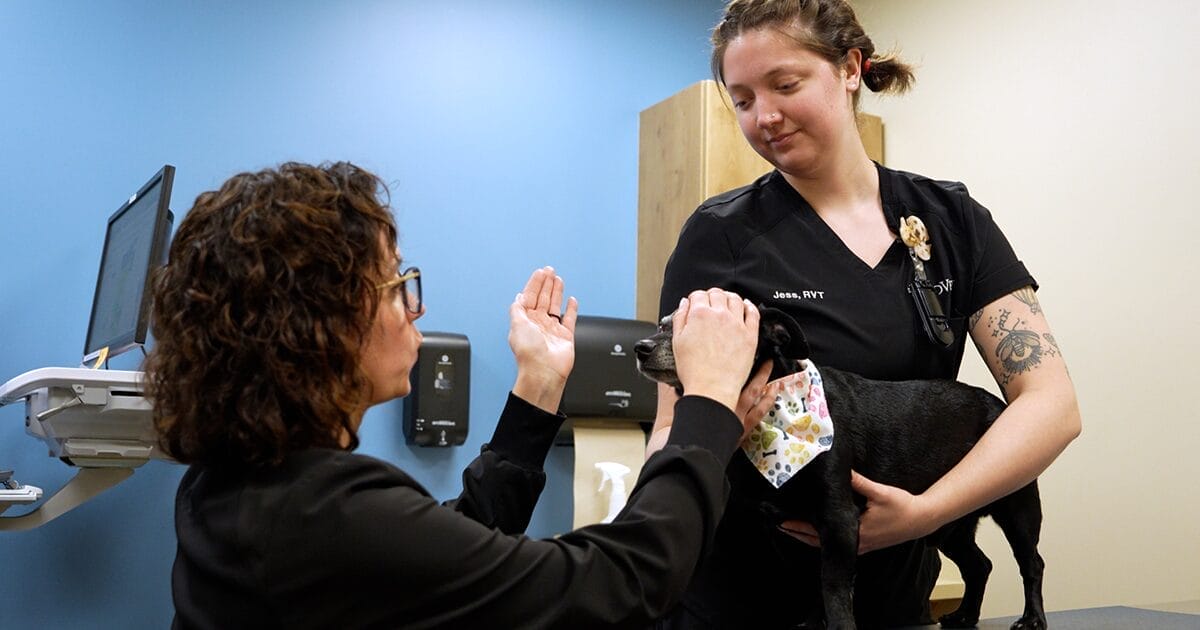
Conjunctivitis in Cats: A Comprehensive Guide for Pet Owners
Conjunctivitis (pink eye) is common in cats. Learn the signs and treatments for this eyelid lining inflammation.
Conjunctivitis, often referred to as “pink eye,” is a common eye condition that affects cats. It’s characterized by inflammation of the conjunctiva, the thin, transparent membrane that lines the inner surface of the eyelids and covers the white part of the eye. Most cats will experience the condition at some point in their lives. Our MedVet ophthalmology experts want you to know what signs to look for with conjunctivitis, when to see a veterinarian, how it’s treated, and ways to help prevent your cat from getting the condition.
What is Conjunctivitis in Cats?
The conjunctiva is a mucous membrane that covers the white of the eye and lines the inner eyelids. In cats, this includes their third eyelid, known as the nictitating membrane, which offers additional protection and is typically not visible in healthy eyes.
Conjunctivitis is the inflammation of the conjunctiva and can be caused by various factors. It may affect one or both eyes and can range from mild to severe. While not usually serious, conjunctivitis can cause discomfort and may necessitate veterinary care.
Causes of Conjunctivitis in Cats
Several factors can lead to conjunctivitis in cats, including:
- Infections: Conjunctivitis can be triggered by viral, bacterial or fungal infections. In cats, infections are frequently the primary cause of conjunctivitis. Common viral causes include feline herpesvirus (FHV-1) and feline calicivirus (FCV), while bacterial infections can be due to Chlamydophila, mycoplasma, and bartonella henselae.
- Allergies: Environmental allergens, such as pollen, dust, mold, smoke, or exposure to certain indoor plants, can trigger an allergic reaction in the eyes.
- Foreign bodies: Small particles, like dust or debris, can get lodged in the eye and cause irritation.
- Trauma: Injuries to the eye, such as scratches or punctures, can lead to inflammation.
- Dry eye: A condition known as keratoconjunctivitis sicca (KCS) can cause the eyes to become dry and inflamed.
- Immune disorders: In some cases, the immune system may attack the conjunctiva, leading to inflammation. Cats with feline immunodeficiency virus (FIV) or feline leukemia virus (FeLV) are more likely to experience conjunctivitis.
- Tumors: Benign (non-cancerous) or malignant (cancerous) tumors can develop in the tissues surrounding the eye, including the conjunctiva.
Signs of Conjunctivitis in Cats
The signs of conjunctivitis can vary, but common signs include:
- Redness or swelling of the conjunctiva
- Excessive tearing or discharge from the eyes
- Squinting or blinking frequently
- Pawing at the eyes
- Sensitivity to light
- Crusty or matted fur around the eyes
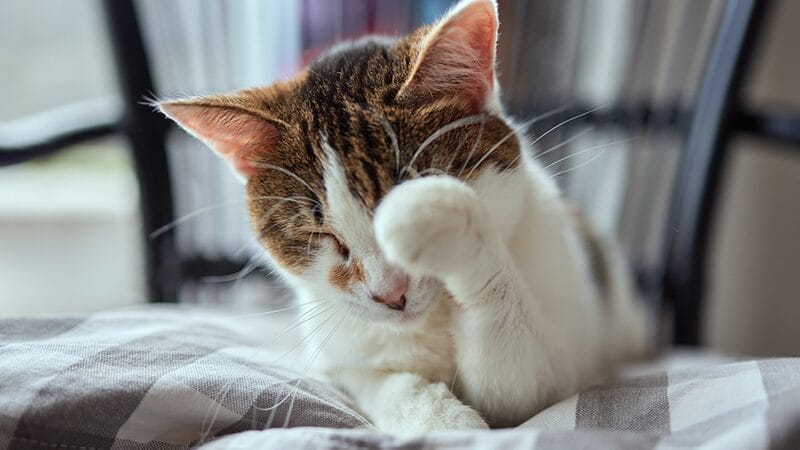
When to Seek Veterinary Help for Conjunctivitis in Cats
If you observe any of the signs mentioned in your cat, it’s important to consult your family veterinarian. While some cases of conjunctivitis might clear up on its own, others need medical treatment. If your cat has persistent conjunctivitis or potential corneal damage, your family veterinarian may refer you to a veterinary ophthalmologist. These specialists have advanced training in diagnosing and treating eye conditions.
Diagnosing and Treating Conjunctivitis in Cats
Your veterinarian will perform a thorough examination of your cat’s eyes to diagnose conjunctivitis. This may include:
- Physical exam: Checking for redness, swelling, and discharge.
- Fluorescein stain: Applying a special dye to the eye to check for scratches or ulcers.
- Schirmer Tear Test: Measuring tear production to rule out dry eye.
- Cytology: Taking a sample of the discharge or the conjunctiva to identify abnormal cells.
The treatment for conjunctivitis in cats depends on the underlying cause. Common treatments include:
- Topical medications: Eye drops or ointments may be prescribed to reduce inflammation, fight infection, or lubricate the eye. You can administer eye drops or apply eye ointment to your pet at home.
- Oral medications: Antibiotics or anti-inflammatory drugs may be given orally if the condition is severe or if there is a systemic infection.
- Allergy management: If allergies are the cause, your veterinarian may recommend antihistamines or other allergy medications. They may also refer you to a veterinary dermatologist who’s spent years training specifically in the diagnosis and treatment of all diseases of the skin and coat.
- Foreign body removal: If a foreign body is present, your veterinarian will remove it to alleviate the irritation.
- Supportive care: Keeping the eye clean and free of discharge can help speed recovery. Your veterinarian may recommend using a warm compress to gently clean the eye.
The prognosis for conjunctivitis in cats is generally good, especially with prompt and appropriate treatment. Most cases resolve within a few days to a couple of weeks. However, recurrent or chronic conjunctivitis may require ongoing management and regular veterinary check-ups.
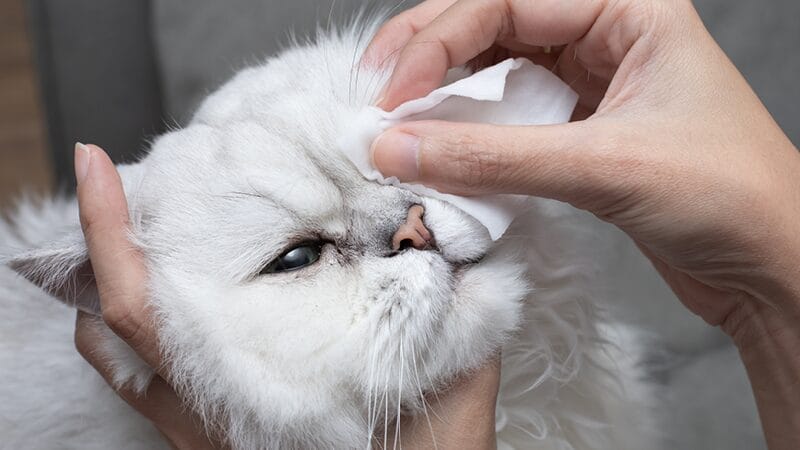
Preventing Conjunctivitis in Cats
While not all cases of conjunctivitis can be prevented, there are steps you can take to reduce the risk for your pet:
- Keep your cat’s environment clean: Regularly clean your cat’s bedding, litter box, and feeding areas to minimize exposure to allergens and bacteria.
- Avoid exposure to irritants: Keep your cat away from smoke, chemicals, and other irritants that can cause eye irritation.
- Keep face fur trimmed: Especially in breeds with longer hair, keeping the fur around the eyes trimmed can prevent irritation.
- Clean eyes gently: Use a soft, damp cloth and baby shampoo to wipe away any dirt or discharge around the eyes.
- Regular veterinary check-ups: Regular health checks, including eye exams, can help detect and treat underlying conditions that may contribute to conjunctivitis.
Conjunctivitis is a common but manageable condition in cats. With appropriate treatment and care, most cases of conjunctivitis can be resolved quickly, ensuring your cat’s comfort and wellbeing. If you have any concerns about your cat’s eye health, don’t hesitate to consult your veterinarian. They can provide personalized advice and treatment options tailored to your cat’s specific needs.
Learn more about veterinary ophthalmology.
FAQs
What is conjunctivitis in cats?
What causes conjunctivitis in cats?
How is conjunctivitis in cats treated?
Learn More
Regular eye check-ups for your pet help maintain their eye health and detect any potential health issues.
Veterinary OphthalmologyContents
Learn More
Regular eye check-ups for your pet help maintain their eye health and detect any potential health issues.
Veterinary Ophthalmology

